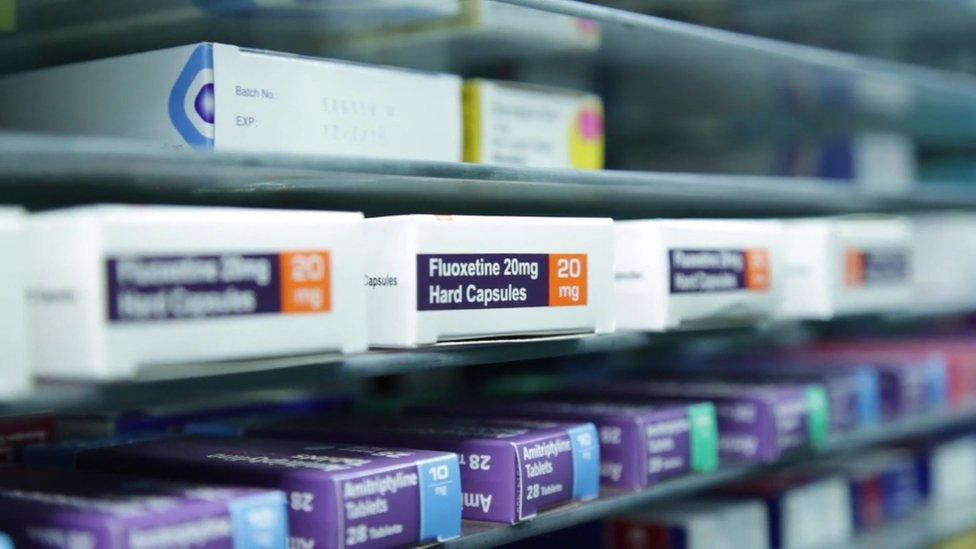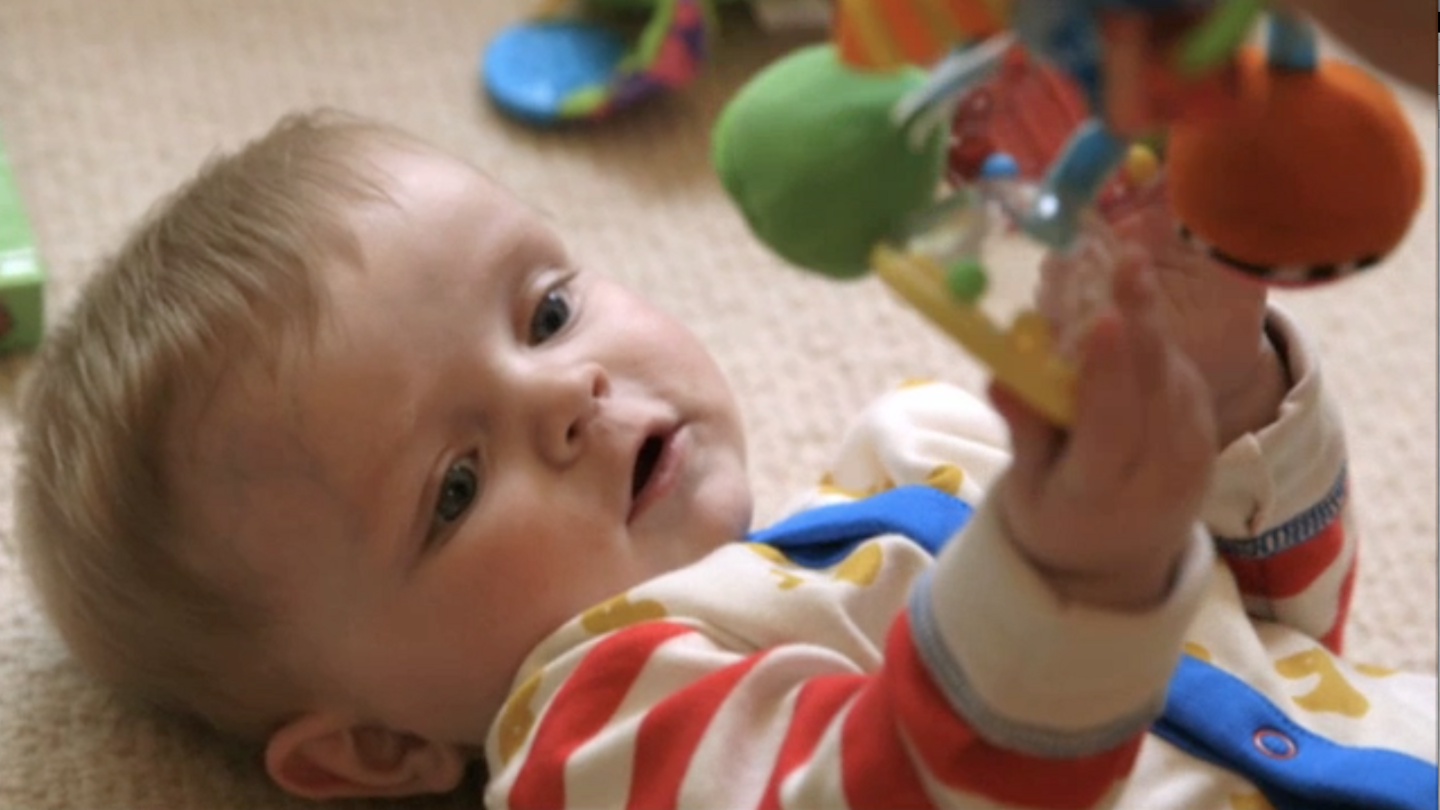Anti-depressants: WHO concern over use by children
- Published

A rise in the use of anti-depressant drugs among children is a concern, the World Health Organization has said.
A warning in 2004 brought a fall in use of the drugs, after fears that some could lead to suicidal behaviour.
But a new study shows that between 2005 and 2012 there was a 54% increase in the number of young people prescribed them in the UK.
It also showed rises in Denmark (60%), Germany (49%), the US (26%) and the Netherlands (17%) in the same period.
'Matter of concern'
World Health Organization (WHO) director of mental health Dr Shekhar Saxena said the research, published in the European Journal of Neuropsychopharmacology, raises serious questions.
"Anti-depressant use amongst young people is and has been a matter of concern because of two reasons," he said.
"One, are more people being prescribed anti-depressants without sufficient reason? And second, can anti-depressants do any major harm?"
Another concern for the WHO is the prevalence of off-label prescriptions, where children are given drugs which are not licensed for use by under-18s.
Dr Saxena said: "These are medicines which have not been tried amongst young people, have no justification for being used widely in young people.
"There are legal regulations and professional guidelines and off-label use of drugs many times crosses both of them. That's something the World Health Organization is very concerned about."
Anti-depressants are a recognised treatment for managing depression in children but National Institute for Health and Care Excellence (NICE) clinical guidelines state they should not be offered initially for symptoms of mild depression.
In more serious cases, anti-depressants are only meant to be used in conjunction with psychological therapies.
George, who was given anti-depressants at 15, said they made things worse
According to 20-year-old George Watkins, who was prescribed anti-depressants at the age of 15, no other forms or treatment were made available to him.
"My doctor put me on the anti-depressants really after a five-minute consultation," he explained. "I wasn't offered counselling or anything like that, it was straight in."
Five years on, George is still taking anti-depressants despite concerns over their impact on him.
"I was terrified; I still am terrified of medication, because of how bad it has made me feel," he said. "You almost feel forgotten about."
Natasha Devon, the government's mental health champion for England, said there was a real problem with getting young people access to so-called "talking therapies".
"The problem is, of course, is that there is a huge waiting list," she explained. "It's eight weeks if you're lucky, it's far more likely to run into months, so during that interim period all you have are these anti-depressants."
'Centre of care'
In her work visiting schools she says that she has become aware of increasing numbers of children using anti-depressants, and is concerned that "they can only ever treat the symptoms, they don't get to the root cause of the issue."
Prof Mark Baker, director of clinical practice at health watchdog NICE, said he recognised that accessing child and adolescent mental health services has been a growing problem.
"This may have led to more severe cases of depression in young people being managed in primary care for longer," he said.
He said NICE hoped recent investment in mental health services would increase access to psychological therapies and stressed that "the patient must always be at the centre of care."
According to Dr Rebecca Payne, of the Royal College of General Practitioners, GPs are now abiding by the NICE guidelines, with anti-depressants being prescribed at specialist level.
But she identified pressure on the system in dealing with those with children showing moderate symptoms of depression.
"The mild end the school counsellors pick up," she said. "The more severe end can access specialist psychological and psychiatric help.
"The problem is everybody in the middle, and these are the groups that we might have prescribed anti-depressants to in the past,"
For the World Health Organisztion, the new research, led by Dr Christian Bachmann, needs to act as an alert for countries to look again at how they deal with cases of childhood depression.
Dr Saxena said further studies were needed to look at how and when anti-depressants are being used with children, and for how long.
"There is no reason for many years of prescriptions being continuously given," he says.
"Adolescents and young people are in the phase of development they develop out of everything, including their own depression."
- Published13 October 2015

- Published24 June 2013
